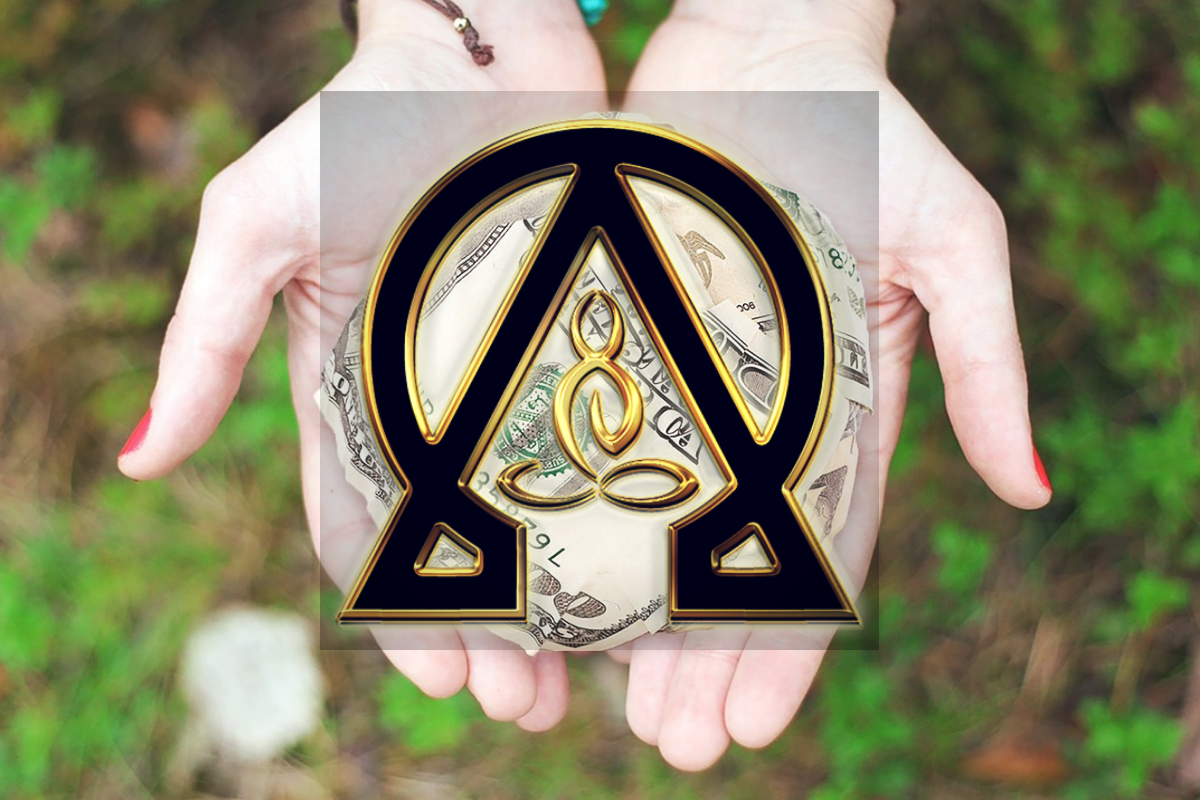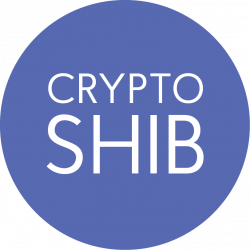Virtuous Rewards: Blockchain-based Crowdfunders Are Valuing and Trading Acts of Kindness

Begging family, friends and strangers to crowdfund your project can be time-consuming and demotivating. What if your “great idea” could be brought to fruition in a self-sustaining network of virtuous donors who not only provide you with funding in cryptocurrency but also good karma? But unlike the intangible karma from your yoga class—an ephemeral concept for many—this karma created through donor altruism can be valued, reflected in the price of the cryptocurrency, and traded. Socially driven crowdfunding is coding altruism into the blockchain and the results are significant improvements in social impact and campaign performance.
If you launch a crowdfunding campaign on Kickstarter or GoFundMe, your odds of succeeding are the same as a roll of the dice. Fifty percent of crowdfunding campaigns were unsuccessful in 2017, according to Fundly. And of the over 100,000 campaigns that raised over $34 billion, many did not fulfill their campaign goals or promises. Nine percent of campaigns do not deliver the promised product, claims Kickstarter, the world’s largest crowdfunding site. Consumer watchdogs are warning of a rise in crowdfunding scams.
Many well-intentioned backers of blockchain-based startups decided there should be a better way to raise money so they developed it. These virtuous crowdfunding models are helping good, legitimate projects rise to the top of the funding heap and fulfill their goals.
Virtual Virtuous Giving Worlds
Crowdfunding paladins like Giveth (GIVE), Ohm Coin (OHM), and WHIRL are ridding the giving universe of these ills and developing self-sustaining donor communities that support good causes. To create these virtuous donor platforms, they are social coding good deeds into the blockchain by valuing positive intentions in the form of karma and acts of kindness.
The concept for all these crowdfunding platforms was seeded by a community of well-intentioned fundraisers and donors. Giveth operates as a holacracy. Ideas are generated and decisions made based on the collective intelligence of the group—a virtual gathering of hackers who have come together to make the world a better place by creating a Decentralized Altruistic Community (DAC).
These hackers are also behind the renowned White Hat Group, a group of developers who have defeated cryptocurrency hackers. The DAC is a transparent, unhackable nonprofit giving platform with a high level of trackability and accountability on the Ethereum network. Project funds are released only after milestones are met by the ‘Makers’ changing the world.
The idea for Ohm Coin was germinated by the good intentions of a community that came together on Discord. These kindred spirits shared a desire to imbue cryptocurrencies with a higher value than simply profit making. Ohm Coin creates value through both self-less (acts of kindness) and selfish (profit-seeking) giving through a network of karma nodes.
A campaign is seeded in the Ohm Coin forums. Here, well-intentioned yet discerning members will provide advice on the viability of your proposal and make suggestions on how to improve it. Before you even write your proposal, which they will also help with, good karma is already working for you. If you decide to proceed, your campaign is then formally verified through a voting process and the funding stage begins. If the campaign does not meet its funding goal, funds will be returned to the donors’ wallets.
Karma – Paying it Forward
These virtual meritocracies created by good intentions continue to be the heart and operational center of these blockchain crowdfunding platforms. Group voting incentivizes members with rewards from actions such as contributions to improve the ecosystem (technology and organization), and upvoting and downvoting projects and ideas. But in addition to the traditional tokens and rewards, community members also profit from the monetization of their altruism.
When you trade OHM or WHIRL tokens, for instance, you are trading more than the exchange value based on supply and demand dynamics. These startups have succeeded in raising the shared value of projects by valuing good intentions in the form of karma and acts of kindness.
How do you value karma? The intangible concept is hard to grasp let alone put a cryptocurrency value on it and convert it to US dollars, but these DApps have made it possible.
On the WHIRL blockchain, you get rewarded in karma points for paying it forward. To start a WHIRL campaign and raise money for your cause, you must be a past donor to another crowdfunding campaign. Moreover, the amount and speed at which you can raise money is determined by the amount you have donated to other campaigns. Your generosity is measured in karma points. WHIRL says it funds 100 percent of its campaigns.
But is WHIRL a meritocracy? A number of new crowdfunding platforms are tying the ability to raise funds and amount raised to past donations. WHIRL’s karma mechanism ensures the ‘leading’ nonprofits it works with, which are in a position to donate the most and thus list first, receive the most tokens for projects. Though eventually, even repeatedly overtaken campaigns will list, says WHIRL.
Become Master of a Karmanode
On Ohm Coin’s Acts of Kindness (AOK) platform, karma has a value measured in karma points. These karma points are exchangeable into ‘real’ currency—crypto or fiat. You can even be master of your own karmanode.
Karmanodes verify and reward acts of kindness. Like any master node, the karmanode processes transaction blocks but masternodes also provide additional functions. The karmanode is the governance and voting center that processes the votes on candidate projects to fund. Funders can then donate to the address of approved projects. To stake a karmanode you need a minimum of 3,000 OHM. Each block pays out 2 OHM—one to the karmanode and one to the staked wallets.
The whole community earns more OHM if a campaign is successful. Donors receive a small reward at the end of a successful campaign called Incentivized Acts of Kindness. To ensure the good karma stays in the network, Ohm Coin supports atomic swaps. Atomic swaps allow two parties to trade cryptocurrencies directly without the need for a third party to broker the deal.
The elimination of fraud on the transparent blockchain enables more of these honest campaigns to succeed. In Ohm Coin’s voting meritocracy, any live campaign suspected of abuse of the funding platform through misuse of funds, money laundering or other illicit activities can be voted out. Giveth continues to track the campaign promises on the blockchain so donors can ensure their funds are being deployed for their intended use.
Can a giving community that values acts of kindness create a kinder, gentler world? The Ohm platform recognizes an important virtuous effect of rewarding acts of kindness. Profit-oriented opportunistic givers who donate to good causes become more altruistic over time.
